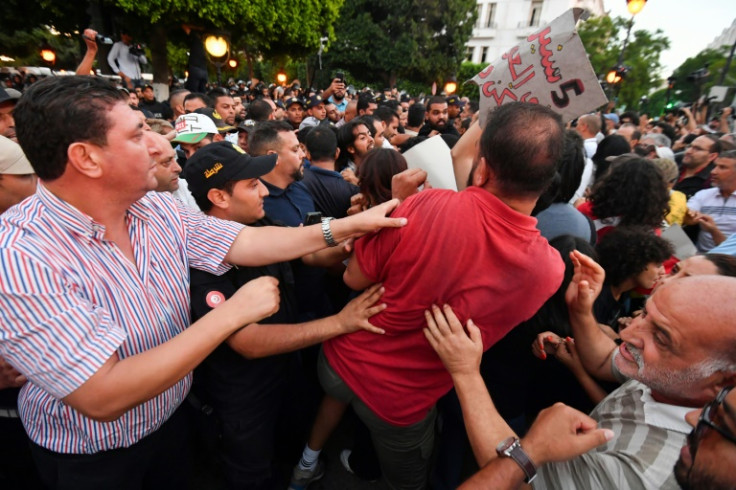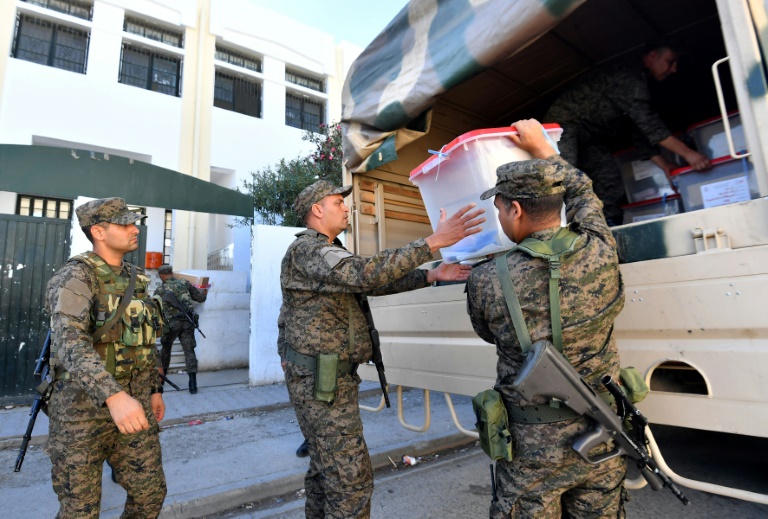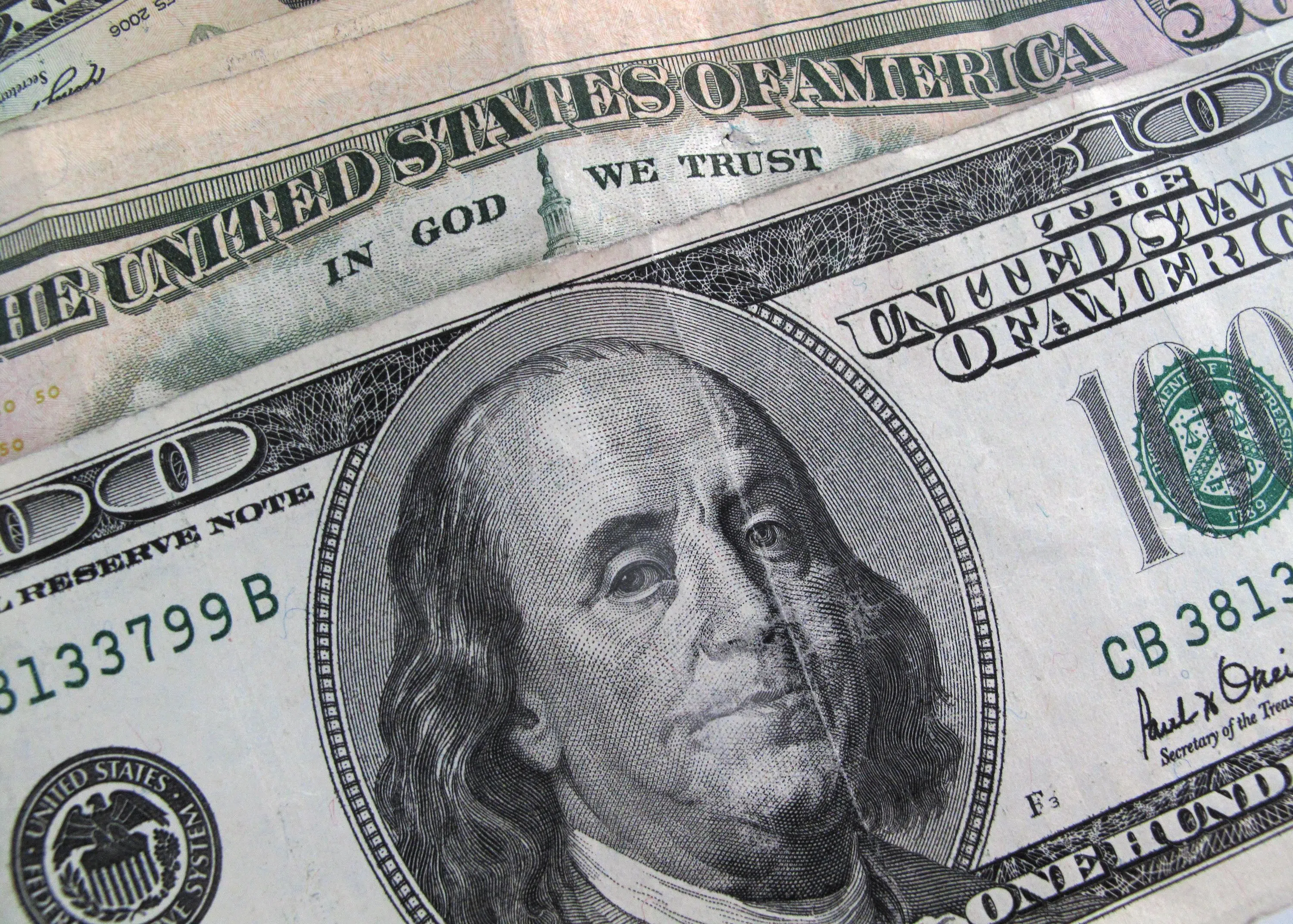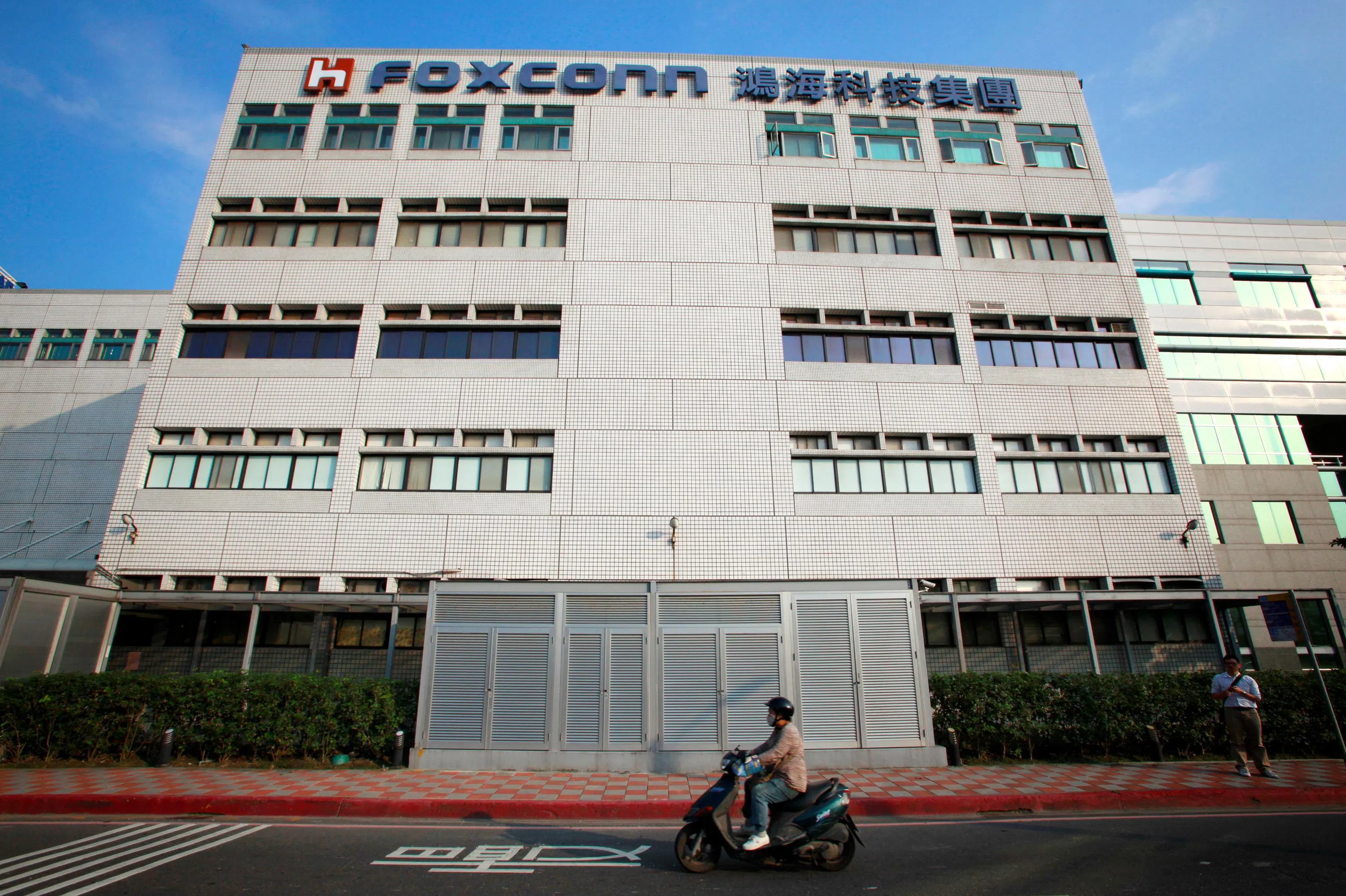Voting began in Tunisia’s presidential election on Sunday with no real opposition to incumbent Kais Saied, who is widely tipped to win as his most prominent critics are behind bars.
Three years after Said staged a sweeping power grab, the election is seen as a closing chapter in Tunisia’s experiment with democracy.
The North African country had prided itself for more than a decade for being the birthplace of the Arab Spring uprisings against dictatorship.
Polling opened at 8:00 am (0700 GMT) and is set to end at 6:00 pm (1700 GMT).
Electoral board ISIE has said preliminary results should come no later than Wednesday but may be known earlier.
At one polling station in central Tunis, AFP reporters saw a group of mostly older men lining up to vote.
Ahead of polling day, there were no campaign rallies or public debates, and nearly all of the campaign posters in city streets have been of Saied.
With little hope for change in a country mired in economic crisis, the mood among much of the electorate has been one of resignation.
“We have nothing to do with politics,” Mohamed, a 22-year-old who gave only his first name for fear of retribution, told AFP in the capital.
Neither he nor his friends planned to vote, he said, because they believed it was “useless”.
After rising to power in a landslide in 2019, Saied, now 66, led a sweeping power grab that saw him rewrite the constitution.
A burgeoning crackdown on dissent ensued, and a number of Saied’s critics across the political spectrum were jailed, sparking criticism both at home and abroad.
New York-based Human Rights Watch has said that more than “170 people are detained in Tunisia on political grounds or for exercising their fundamental rights”.
Jailed opposition figures include Rached Ghannouchi, head of the Islamist-inspired opposition party Ennahdha, which dominated political life after the revolution.
Also detained is Abir Moussi, head of the Free Destourian Party, which critics accuse of wanting to bring back the regime that was ousted in 2011.
ISIE said about 9.7 million people are expected to turn out, but the near certainty of a Saied win and the country’s mounting hardships have inspired little to no eagerness to vote.
The International Crisis Group think tank said on Friday that “the president’s nationalist discourse and economic hardship” have “corroded any enthusiasm ordinary citizens might have felt about the election”.
“Many fear that a new mandate for Saied will only deepen the country’s socio-economic woes, as well as hasten the regime’s authoritarian drift,” it said.
Voters are being presented with almost no alternative after ISIE barred 14 hopefuls from standing in the race, citing insufficient endorsements among other technicalities.
Hundreds of people protested in the capital on Friday, marching along a heavily policed Habib Bourguiba Avenue as some demonstrators bore signs denouncing Saied as a “Pharaoh manipulating the law”.
Standing against him Sunday are former lawmaker Zouhair Maghzaoui, who backed Saied’s power grab in 2021, and Ayachi Zammel, a little-known businessman who has been in jail since his bid was approved by ISIE last month.
Zammel currently faces more than 14 years in prison on accusations of having forged endorsement signatures to enable him to stand in the election.
In a speech on Thursday, Saied called for a “massive turnout to vote” and usher in what he called an era of “reconstruction”.
He cited “a long war against conspiratorial forces linked to foreign circles”, accusing them of “infiltrating many public services and disrupting hundreds of projects” under his tenure.
The International Crisis Group said that while Saied “enjoys significant support among the working classes, he has been criticised for failing to resolve the country’s deep economic crisis”.
AFP

AFP






